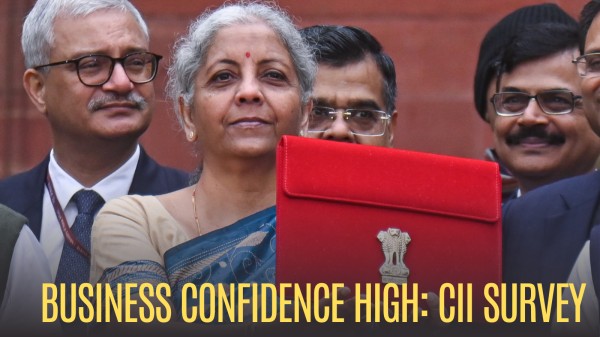

By signing in or creating an account, you agree with Associated Broadcasting Company's Terms & Conditions and Privacy Policy.


By signing in or creating an account, you agree with Associated Broadcasting Company's Terms & Conditions and Privacy Policy.

Investing in the stock market is an art and investors should consult financial advisors or do an in-depth study of the indices and the companies of which the individuals plan to buy the shares. Several people lose money as they just adhere to some stock recommendations or following a famous investor’s portfolio. This type of approach sometimes works for a few people, however, it is not encouraged as investors have their own style of buying and maintaining risk factors. Investors should always do their own research and pump in money to buy shares of a firm.
Late ace investor, popularly known as Big Bull of India, Rakesh Jhunjhunwala, always advised investors to enter the stock market with a long-term vision, conducting research, and having patience and conviction. He also advocated for taking calculated risks and having an eye to spot growth trends.
A stock market investor should thoroughly study the financials of a company before buying its shares. The individual should get the details of the promoters, top management, firm’s performance financially over the past years, etc. Investors should buy shares after doing a thorough research on the size of the firm they would like to invest in.
You should also get complete details of the debt, if any, and also see whether the company ever faced corporate government issues or frauds. One needs to know about the experience of top level management and promoters in the field, their decision-making approach.
The Stock Market players, especially the new investors, should get information on the corporate governance of the concerned company as it helps to understand the style of working of the firm’s management, shareholders, customers, investors, and more. While looking into the financials, you should see if the company is under severe debt. It is advisable to get a knowledge of the debt servicing history of the firm. One should also consider the earnings history and not just a few patches of losses.
Another very important factor is the Price-earnings ratio (PE Ratio). This indicates if a stock is undervalued or overvalued. The PE ratio measures a company's share price relative to its earnings per share (EPS). It gives an understanding of the relative value of a company's stock which helps in comparing a company's valuation against its historical performances and its competitors. One should also take a look at the dividend-paying history of the company. The company’s management performance like its acts during the highs and lows of the economy should be looked into. For example, whether the firm was able to tackle the bad times and weather economic storms or how it acted when the growth trajectory went north.
Besides looking into the company’s balance sheets available on their website, one can also check details of the financials on the stock exchanges - Bombay Stock Exchange (BSE), and National Stock Exchange (NSE). The PE ratio can also be checked on the portals of the indices. Also, information can be obtained from the Insolvency and Bankruptcy Board of India if there is any bankruptcy proceedings against the firm.
(This article is only meant to provide information. TV9 does not recommend buying or selling shares or subscriptions of any IPO, Mutual Funds, gold and crypto assets.)
(Disclaimer: (This article is only meant to provide information. TV9 does not recommend buying or selling shares or subscriptions of any IPO, Mutual Funds, gold and crypto assets.))












